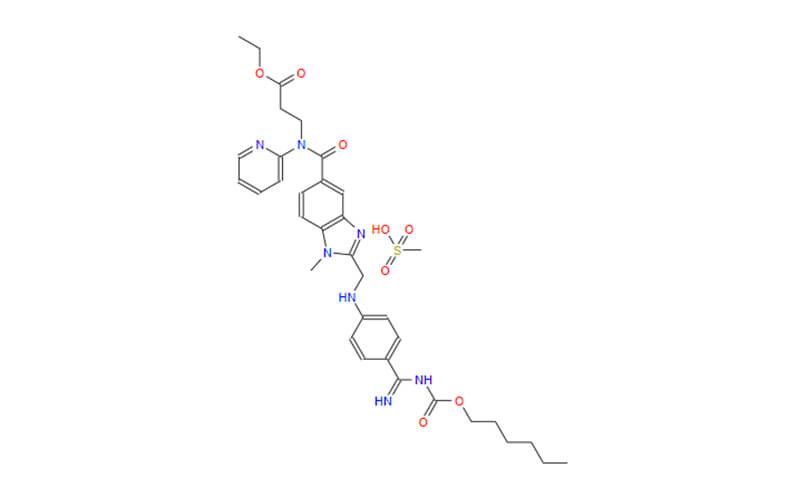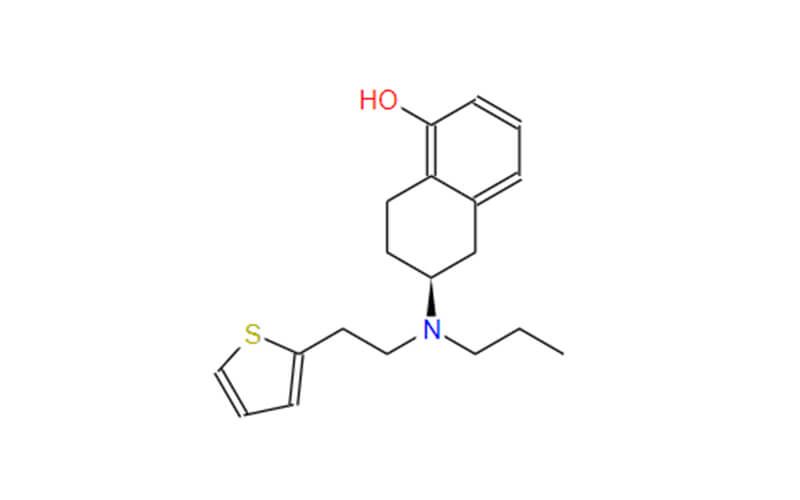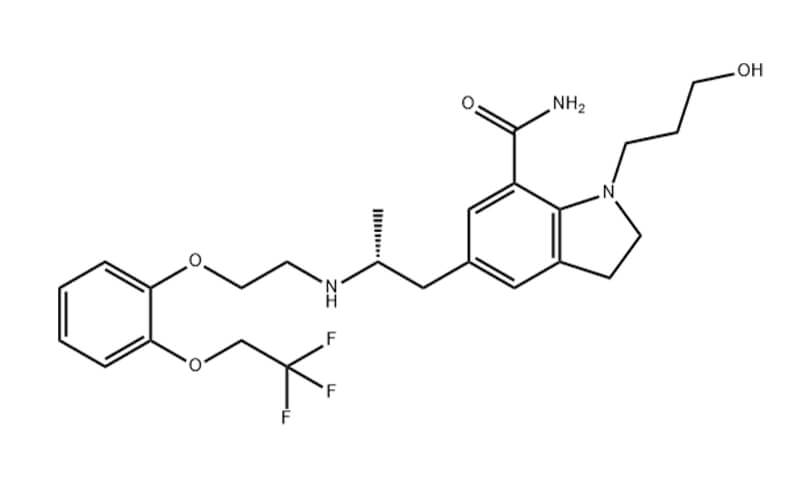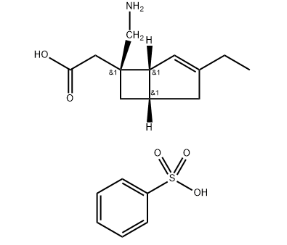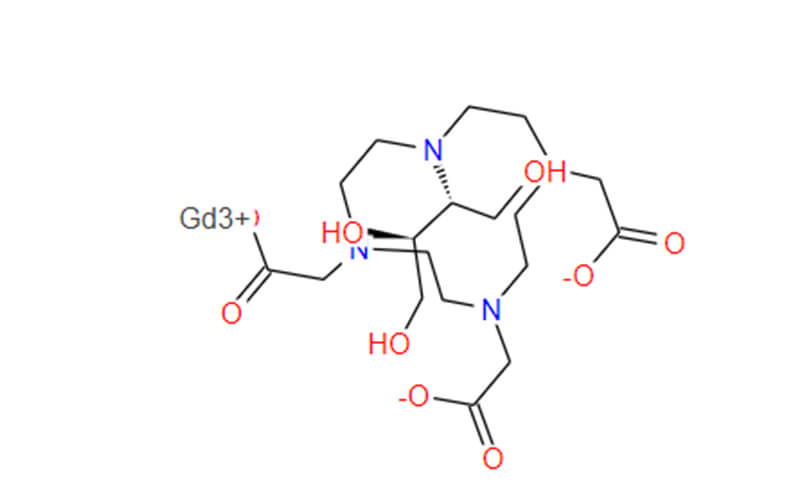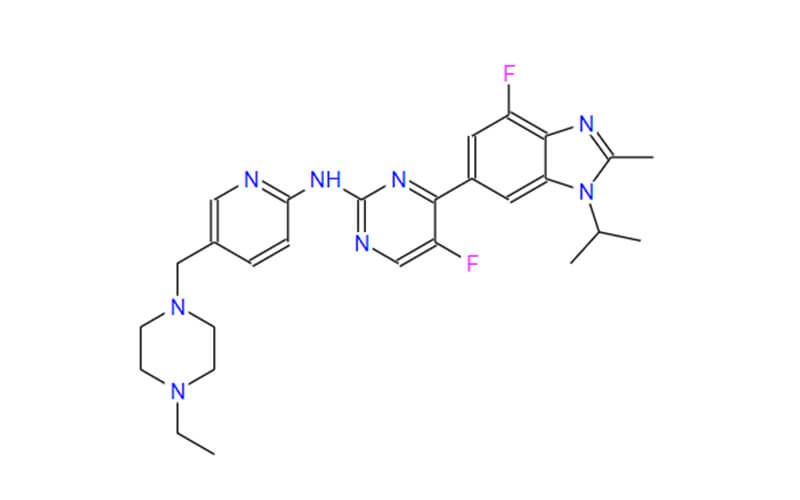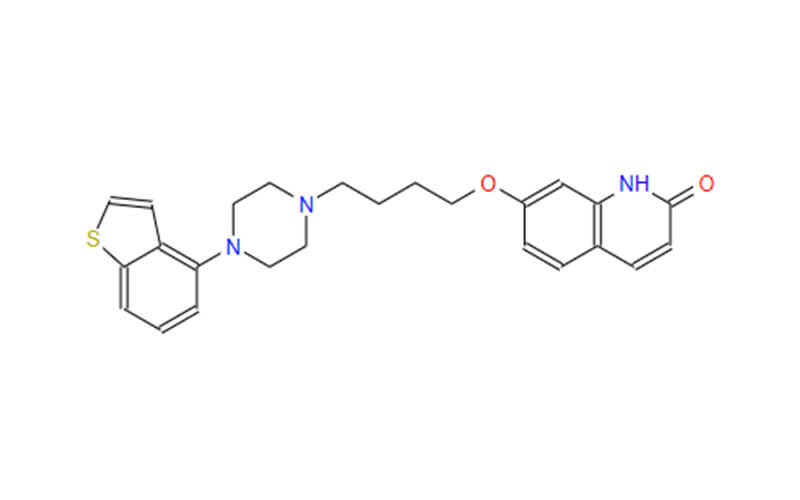An Overview of Bisoprolol Fumarate: Uses, Mechanism of Action and Side Effects
Bisoprolol fumarate, a well-established medication classified as a beta-blocker, is widely utilized in the treatment of cardiovascular conditions. With its proven efficacy, this medication has been instrumental in managing various heart-related issues. In this comprehensive overview, we will explore the uses, mechanism of action, and potential side effects of bisoprolol fumarate.
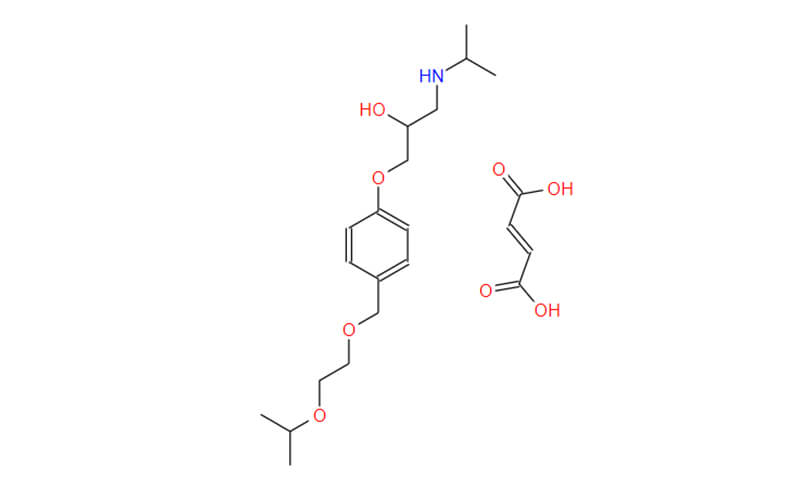
Bisoprolol Fumarate Uses
Bisoprolol fumarate is a versatile medication with several important applications in the field of cardiology and the treatment of heart-related issues. Here are some main uses of Bisoprolol Fumarate.
- Hypertension (High Blood Pressure)
Hypertension is a prevalent and serious health concern that can lead to heart disease, stroke, and other complications. Bisoprolol is commonly used to treat high blood pressure by reducing the workload on the heart and dilating blood vessels, ultimately lowering blood pressure to safer levels.
- Chronic Heart Failure
Bisoprolol is a key component in the management of chronic heart failure. It helps improve the heart’s pumping ability and reduces symptoms such as shortness of breath and fluid retention. When used alongside other heart failure medications, bisoprolol contributes to better overall control of the condition, enhancing the patient’s quality of life.
- Angina (Chest Pain)
Bisoprolol is effective in relieving angina, a condition characterized by chest pain. By reducing the heart’s demand for oxygen, bisoprolol helps individuals with angina lead a more comfortable and active life.
- Secondary Prevention of Heart Attacks
In some cases, healthcare providers may prescribe bisoprolol to reduce the risk of future heart attacks, particularly in individuals who have previously experienced a heart attack.

Bisoprolol Fumarate Mechanism of Action
Bisoprolol Fumarate’s mechanism of action is rooted in its role as a selective beta-blocker, specifically targeting the beta-1 adrenergic receptors primarily found in the heart. By binding to these receptors, Bisoprolol effectively modulates the heart’s response to stress hormones like epinephrine and norepinephrine.
The key actions of Bisoprolol include a reduction in heart rate (bradycardia) and a decrease in the force of heart muscle contractions, leading to a slower and more regular heartbeat. These changes result in a diminished cardiac output, reducing the heart’s workload and, critically, its oxygen demand. This makes Bisoprolol Fumarate a highly valuable medication in the management of various cardiovascular conditions, including hypertension, angina, and chronic heart failure.
Additionally, by lowering blood pressure and minimizing the heart’s oxygen requirements, it is effective in preventing or alleviating chest pain (angina) and potentially reducing the risk of future cardiovascular events. Bisoprolol’s selectivity for the heart’s beta-1 receptors, while sparing other body tissues, contributes to its tolerability and safety profile, making it a cornerstone in the treatment of numerous heart-related ailments.
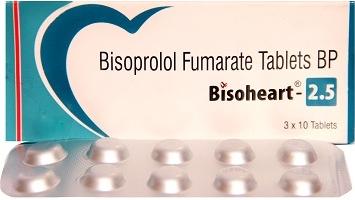
Bisoprolol Fumarate Side Effects
As with any medication, bisoprolol fumarate may cause side effects in some individuals. It’s important to note that not everyone will experience these side effects, and they can vary in severity. Common side effects include:
- Fatigue and Dizziness: Some individuals may experience fatigue, weakness, or dizziness, especially when they first start taking bisoprolol. This can be more common at the beginning of treatment or with a change in dosage.
- Slow Heart Rate (Bradycardia): Bisoprolol works by slowing down the heart rate, which can be beneficial in certain conditions. However, in some cases, it may slow the heart rate too much, leading to bradycardia, which can cause symptoms like lightheadedness and fainting.
- Cold Extremities: Bisoprolol can reduce blood flow to the extremities, leading to cold hands and feet in some individuals.
- Sleep Disturbances: Some people may experience sleep disturbances, including vivid dreams or difficulty falling asleep while taking bisoprolol.
- Gastrointestinal Symptoms: Bisoprolol can cause digestive issues such as nausea, stomach pain, or diarrhea in some individuals.
- Shortness of Breath: In rare cases, bisoprolol may worsen breathing difficulties in individuals with asthma or chronic obstructive pulmonary disease (COPD).
- Mental Health Effects: Beta-blockers like bisoprolol may, in some cases, cause mood changes, including depression or anxiety.
Conclusion
In conclusion, bisoprolol fumarate is a powerful medication that effectively addresses hypertension, chronic heart failure, angina, and the prevention of future heart attacks. While it can have potential side effects, these are generally manageable, and the benefits of managing cardiovascular conditions often outweigh the risks.
In order to ensure the good effectiveness and quality of Bisoprolol Fumarate, we recommend that you choose a trustworthy Bisoprolol Fumarate supplier.
Qingmu Pharmaceutical is a Chinese bisoprolol fumarate manufacturer, we aim to create a healthy world by providing essential active pharmaceutical ingredients for both humans as well as animals. If you have any need, please feel free to choose us.

